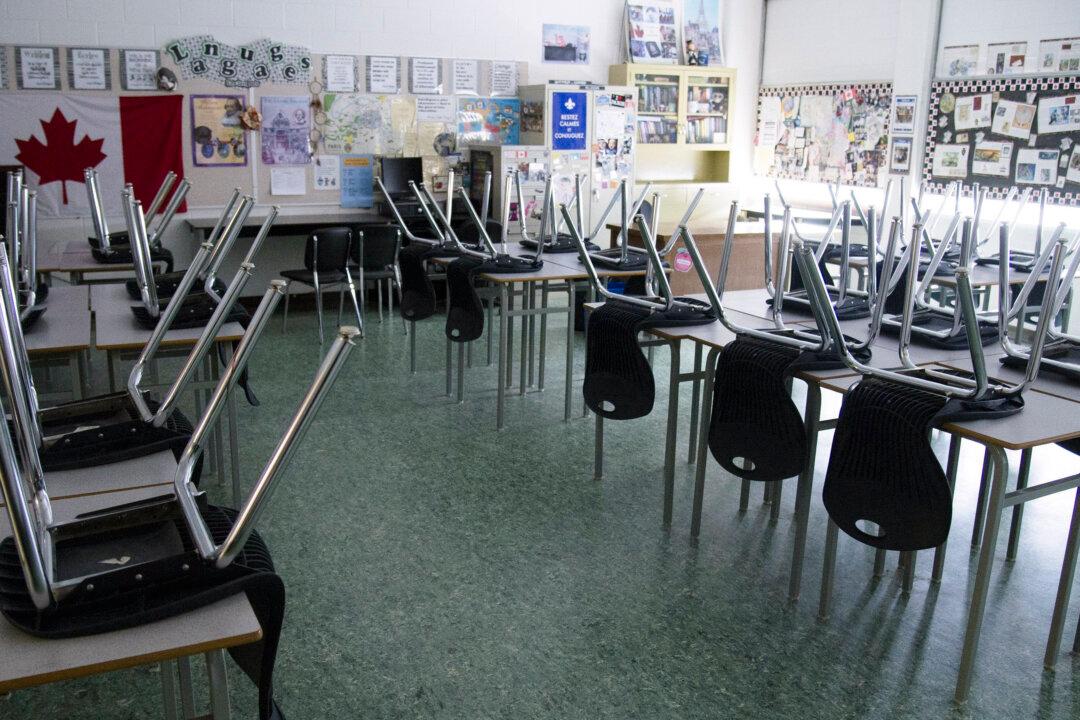Children have “forgotten how to be in school” following the extended shutdowns during the COVID-19 pandemic, leading to a significant increase in disruptive behaviours after returning to the classroom, a new study finds.
Published last October in the journal School Psychology, the Canadian study compared student behaviour before and after the pandemic using surveys of 308 adolescents aged 9 to 14 and observations from 101 primary school (Grades 1 to 3) teachers. It found that classroom incivility—rude behaviours such as interrupting lessons, ignoring rules, and showing disrespect—was significantly higher in the fall of 2022 compared to pre-pandemic levels in fall 2019.





